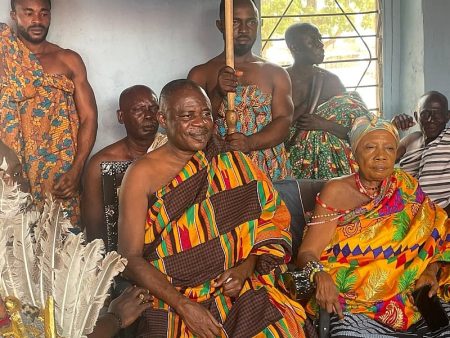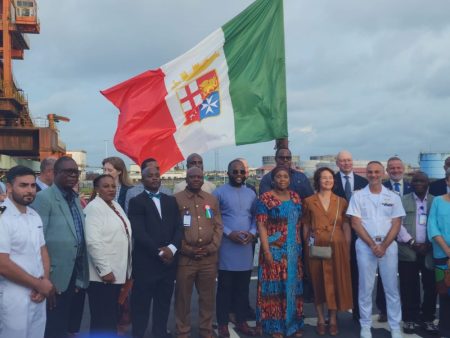Between June and September 2024, Nigeria witnessed a disconcerting surge in child marriage cases, with at least 3,099 incidents reported according to the National Human Rights Commission (NHRC). The month of June recorded the highest number of cases, totaling 1,345, followed by 884 cases in July and 870 in September. However, there were no available records for August, suggesting either a reporting gap or a potential increase in underreported incidents during that month. This alarming trend is exacerbated by ongoing violence in the country, particularly in the northern regions, where such practices are more common. The intersection of poverty, conflict, and cultural practices appears to contribute significantly to the continuation of child marriage in Nigeria.
In the northern regions, cases have been exacerbated by rampant violence and insecurity stemming from banditry and terrorism. Reports indicate that many young girls are being married off following the deaths of their parents at the hands of these violent groups. A prominent example is the case of Abdul Malik Zubairu, a lawmaker from Zamfara State, who reportedly facilitated the marriages of 105 orphans whose parents were killed by bandits. This mass arrangement included provisions for beds, bedding, and substantial dowries totaling N10.5 million. Additionally, both brides and grooms were given financial support to help them initiate businesses, reflecting a disturbing trend of normalizing child marriage as a response to traumatic loss and economic hardship.
Despite the evident challenges, assertions by advocates point to legislative shortcomings as one of the core reasons for the prevalence of child marriage in northern Nigeria. Specifically, the failure of many states to adopt and implement the Child Rights Act has created an environment where such practices can continue unabated. Gerald Katchy, the National General Secretary of the Committee for the Defence of Human Rights, argues that this legal gap plays a crucial role in perpetuating child marriage. He highlights the conflicting interpretations of Sharia law and the Child Rights Act, which some northern states view as incompatible, resulting in a refusal to enforce protective legislation for children.
The conflict between traditional practices and modern legal frameworks underlines a broader societal issue: the need for significant cultural and legal reform. Katchy emphasizes that, according to the Nigerian Constitution, no law should take precedence over protecting the rights of children, advocating for increased public awareness and education about these rights. He proposes that the National Assembly consider amending local laws, such that local leaders in areas with high rates of child marriage are held accountable, potentially losing their positions if they fail to combat this issue effectively. This could serve as both a deterrent and a call to responsibility for community leaders.
Moreover, the push for reform highlights the necessity of local engagement in addressing cultural attitudes towards child marriage. Many affected communities may not be fully aware of the implications of child marriage, nor do they understand that their local customs may conflict with national laws designed to protect minors. Effective communication and outreach in local languages can facilitate better understanding and acceptance of children’s rights, potentially transforming societal norms to prioritize the protection and well-being of girls.
As the trend of child marriage continues to unfold in Nigeria, it remains crucial for stakeholders at every level—government, civil society, and local communities—to work collaboratively towards eradicating this harmful practice. Awareness-raising initiatives, legal reform, and community engagement must collectively address the root causes of child marriage, aiming not only for short-term solutions but for a sustainable cultural shift that protects vulnerable children from early marriages and an uncertain future.














